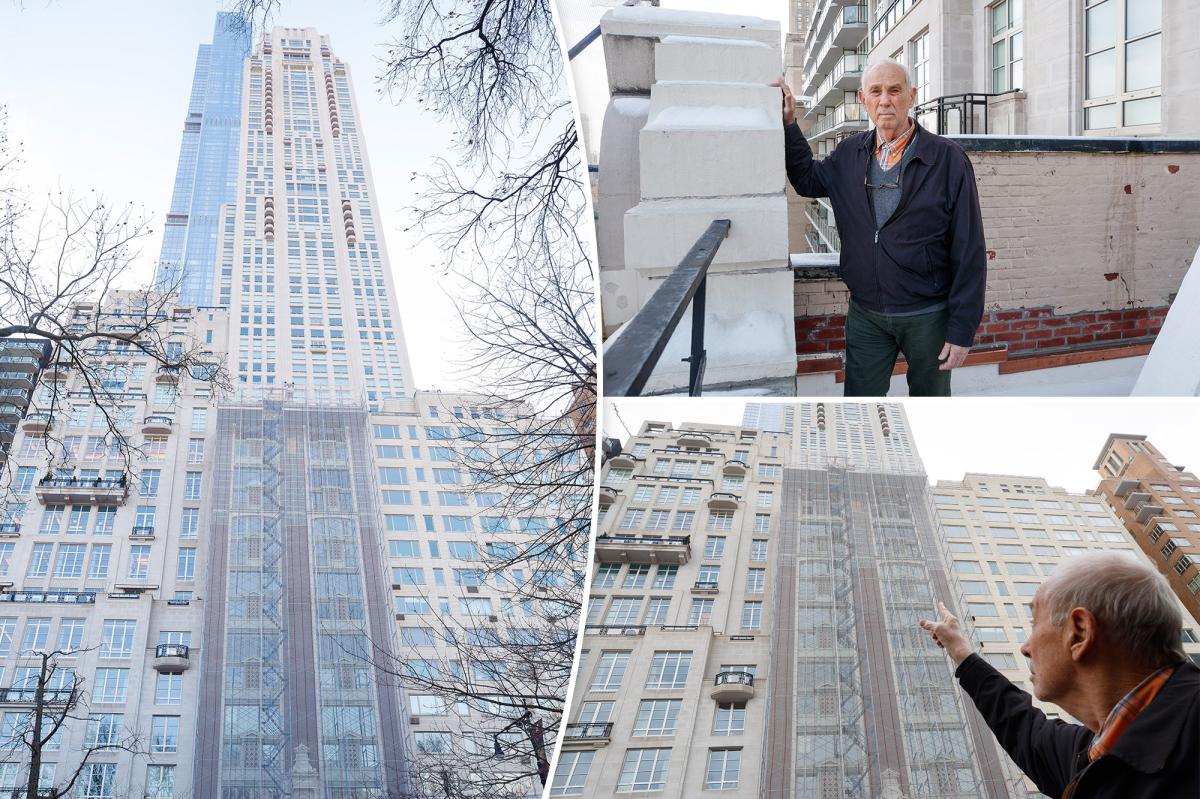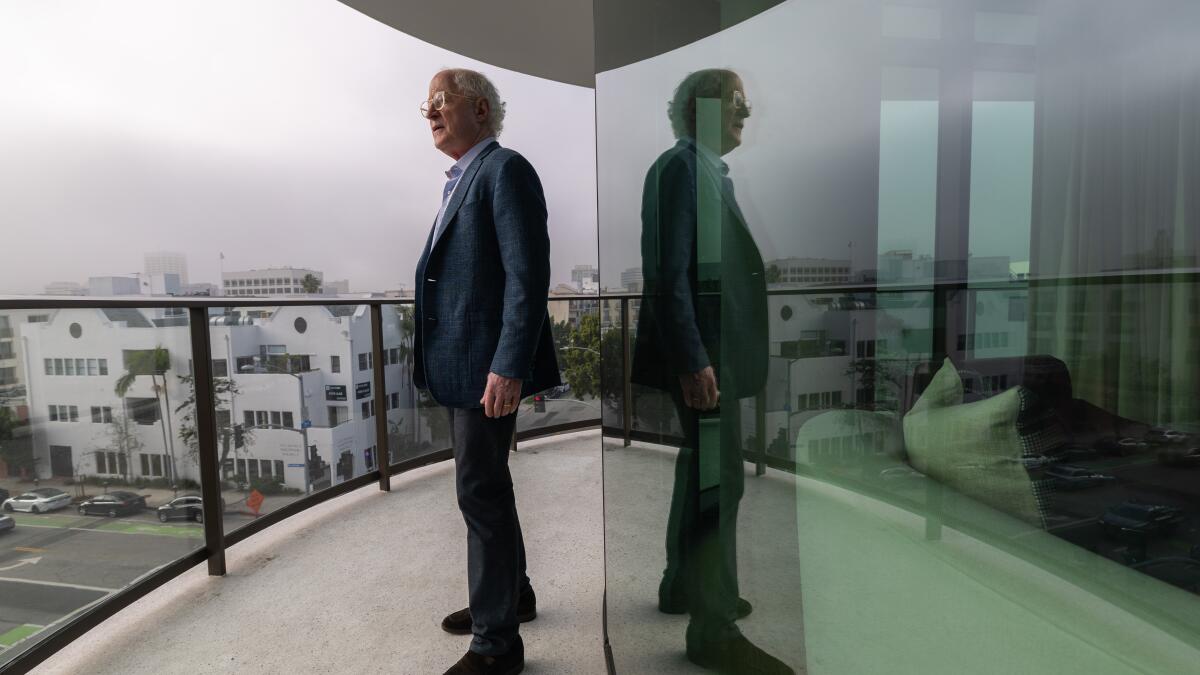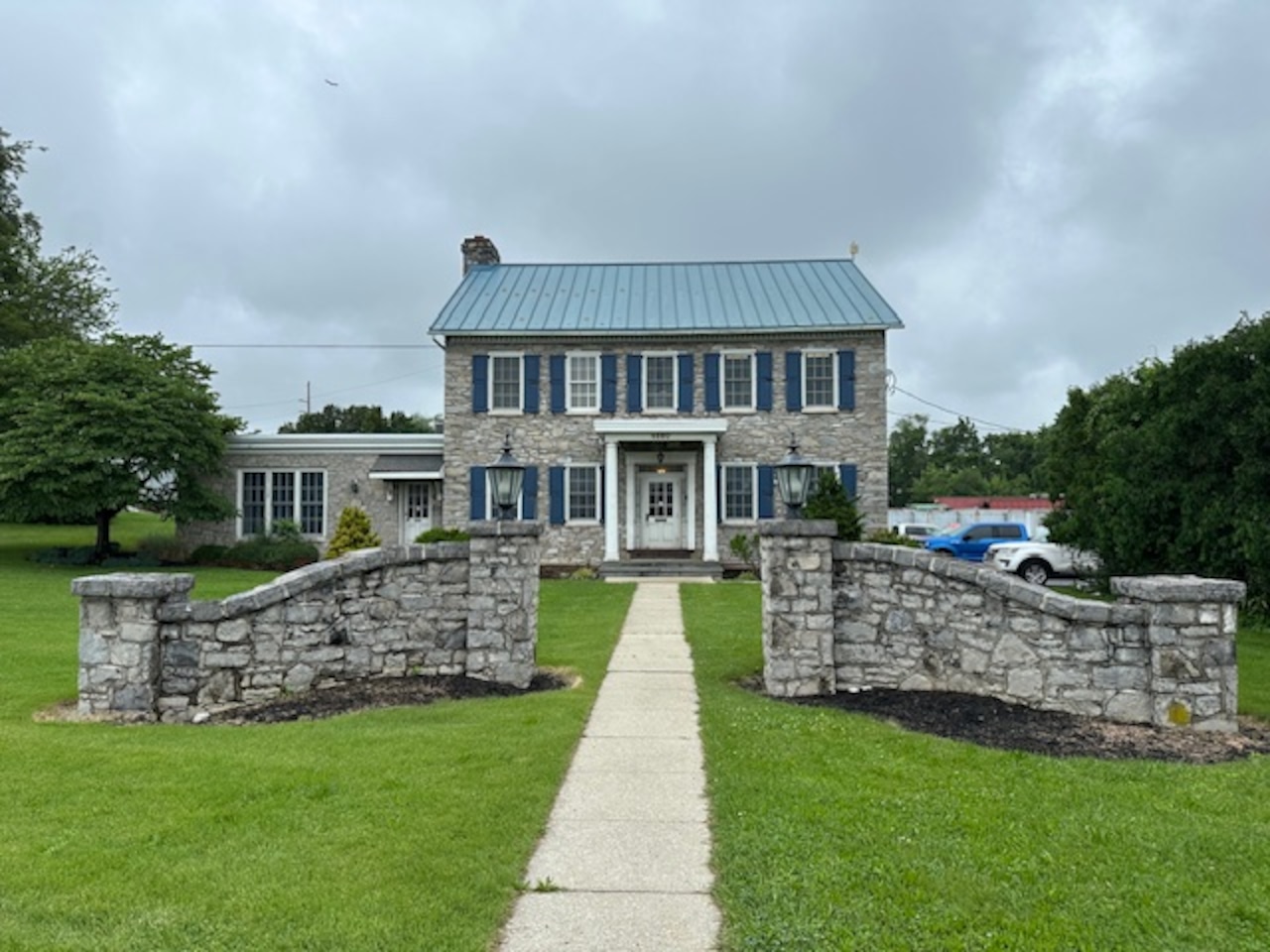A
coalition of 17 real estate industry leaders, spearheaded by the National Multifamily Housing Council, has sounded the alarm in a letter to Congress, warning that new tax hikes on real estate could have far-reaching consequences for the nation's housing supply and economic growth.
The letter, addressed to key lawmakers on the House Ways and Means Committee and Senate Finance Committee, urges preservation of longstanding tax law related to carried interest and capital gains. This, they argue, is crucial for driving American real estate investment, spurring housing development, and promoting economic growth.
Carried interest, a reward for equity capital, sweat equity, and business risks taken on by professionals, would be disproportionately affected by proposals to tax it as ordinary income. This would lead to enormous tax hikes on 2.2 million real estate partnerships and 9.7 million partners who develop, own, or operate income-producing real estate.
The economic damage of such a move would be immense, the groups warn, reducing wages, lowering property values, and undermining economic growth. Taxing carried interest would increase construction costs, making it harder to build or improve real estate and infrastructure, particularly in areas with high economic and market risk.
In fact, projects that involve new affordable housing or commercial developments in long-neglected neighborhoods might be abandoned in favor of more certain but less lucrative opportunities. Applying the tax retroactively to existing partnerships would also distort private-sector agreements, potentially causing unknown and damaging consequences for the economy and real estate markets.
The senior living industry is facing a pressing supply issue, with occupancy levels expected to surpass 90% by 2026. The National Investment Center for Seniors Housing & Care predicts a need for over 1 million additional units by 2030, but current development rates meet only 25% of the necessary pace.














